EU poultry sector in turmoil warns EU farmer umbrella group
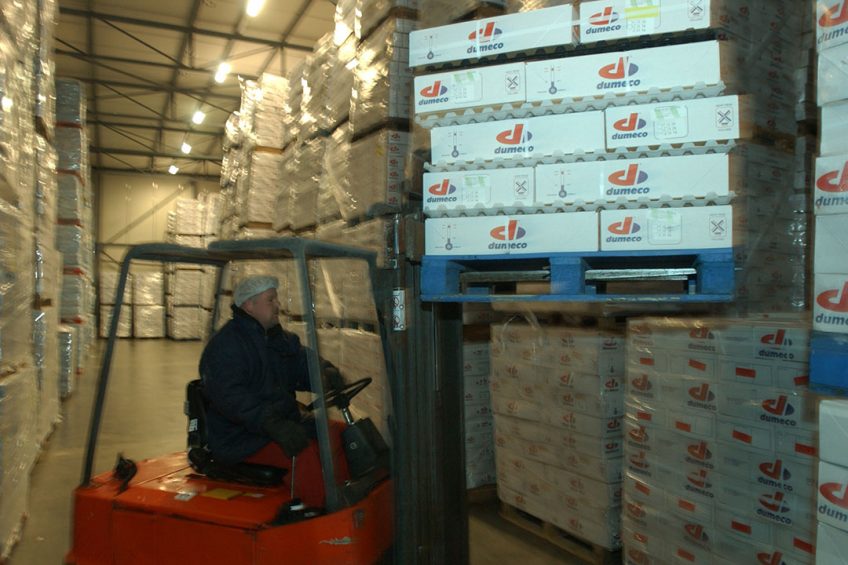
20 million chicks a week are not being placed on farms due to the Covid-19 pandemic, yet third country imports are on the rise, according to a leading European farming organisation.
Copa-Cogeca claims lockdown measures have put a stop to all out-of-home consumption, representing 20-40% of production, depending on the member state. And in the case of some species, such as duck, pigeon, quail, guinea fowl and geese, almost 100% cannot be sold due to their supply chains. Yet, at the same time hundreds of thousands of tonnes of poultry meat are imported into the EU from third countries, mainly from Brazil, Thailand and Ukraine. Most of these meats are destined for out of home consumption and therefore cannot be marketed.
Since the beginning of the crisis (Covid-19 pandemic), I estimate that one billion chickens have been lost. If we include duck and quail, approximately 20m chicks are not being placed on farms each week.” – Charles Bourns
Storage at full capacity
Charles Bourns, Copa-Cogeca poultry meat and eggs working party chairman, said the issue had led to an oversupply problem: “Cold storages everywhere in Europe are at full capacity with storage costs increasing as the crisis worsens. More than € 100m have already been spent EU-wide. “In parallel to this, a staggering 12% drop in prices has occurred over the last 7 weeks putting even greater pressure on European producers. Should this dynamic continue, many farmers will be forced out of business. This will have a knock-on effect that results in the loss of thousands of jobs in rural areas at a moment when all forecasts indicate that we are heading into a long recession.” Bourns said consumers needed to know that there were supply chain issues with many farms only partially stocked or completely empty: “They will have little to no income until the situation goes back to normal, so the situation is dire. Since the beginning of the crisis, I estimate that one billion chickens have been lost. If we include duck and quail, approximately 20m chicks are not being placed on farms each week.”
People will keep eating and chicken, because of its competitive price point, will continue to be in demand.”
Chick placements
One UK farmer currently affected is the NFU’s poultry board chairman Thomas Wornham, who said the closure of restaurants, pubs and fast food restaurants had resulted in a net reduction in demand for poultry meat and the sector had reacted by reducing the number of chicks placed on farm by approximately 15% or 3m birds less per week. “Farmers, such as myself have increased the period of time between chick placement from a standard 12 days to 22 days in my case, to accommodate the reduction in number of birds the market can sell.”
Covid-19 Up-date
What impact is the pandemic having on the global poultry sector and how are they dealing with it.
US perspective
And market analyst experts Nielsen has warned that even in the United States consumer trends are unlikely to return instantly to pre-pandemic days with 48% of consumers in a recent survey saying their dining out would be impacted for at least four months. Meagan Nelson, associate director of Nielsen’s fresh growth and strategy team, said last week: “People will keep eating and chicken, because of its competitive price point, will continue to be in demand. However, retailers must consider how the economic situation has chanted for many Americans and how the popular perception of what is a safe or healthy choice may have changed because of the outbreak.”
 Beheer
Beheer

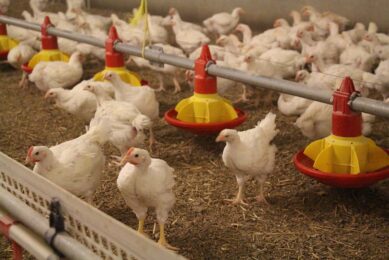
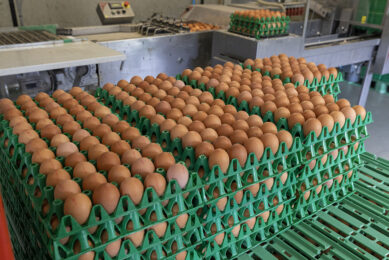
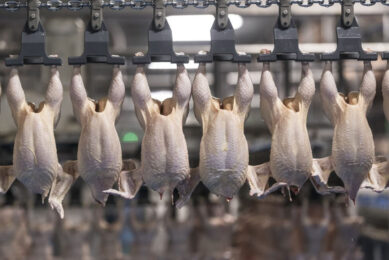
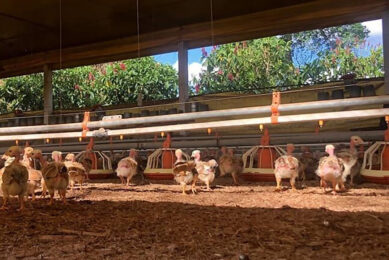



 WP Admin
WP Admin  Bewerk bericht
Bewerk bericht